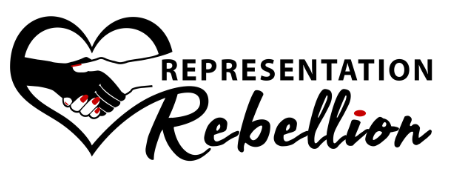
My heart is mushy and open. I love this about myself, but it comes at the cost of my energy, identity, and self-care. For decades, I thought I was giving, giving, giving because I cared. Really what I was doing was being a “good girl” at the expense of myself.
I learned, and am still learning, that I need to have healthy boundaries. This is a way to take care of myself. So, Sisters, we need to disrupt the narrative that boundaries are bad. In fact, they’re vital.
WHAT ARE BOUNDARIES?

Personal boundaries are defined as “guidelines, rules, safe and permissible ways for other people to behave towards yourself and how you will respond when someone passes those limits.” There are four types of boundaries:
- Physical boundaries are property lines like my desk, my car, and my body.
- Mental boundaries enable us to think our own thoughts and reject thoughts and opinions that are contrary to our belief system.
- Emotional boundaries allow you to have your own feelings and handle them in appropriate ways.
- Spiritual boundaries mean you’ve defined your relationship with God/higher power which allows exploration of your purpose.
HOW TO SET BOUNDARIES

Here are steps to set personal boundaries: 1) Identify your limits; 2) Communicate your boundaries; 3) Be consistent; 4) Take responsibility for your boundaries; and 5) Practice self-care.
First, discover your values, beliefs, and priorities. Consider what you need to feel comfortable, safe, and respected in your interpersonal relationships and interactions.
Second, once you’ve identified your boundaries, communicate them concisely. Express your needs and expectations and what are unacceptable behaviors.
Third, be consistent when enforcing your boundaries by not allowing anyone to violate your boundaries ever.
Fourth, remember you are responsible for setting and enforcing your boundaries (see steps 2 and 3).
Fifth, since setting and enforcing boundaries can be difficult, practice self-care. Always take care of your physical, emotional, and psychological needs first.
This is an ongoing process that helps maintain healthy relationships and protect your well-being.
